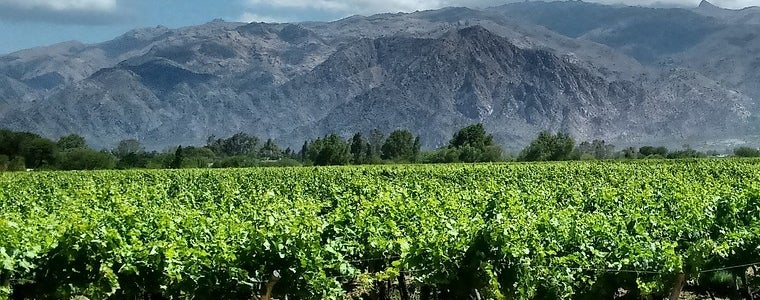On June 27th, 2018, in Buenos Aires, Argentina, the Inter-American Development Bank Group (IDBG), in collaboration with Bolsas y Mercados Argentinos (BYMA) and Fundación Vida Silvestre (FVS), hosted the second Roundtable of the Latin America and the Caribbean (LAC) Sustainable Infrastructure Financing Network. These roundtables are a series of events to convene public institutions, investors, project developers, and service providers to discuss ways to improve bankability and sustainability of infrastructure in LAC, as well as how to mobilize more resources through the region capital markets towards sustainable infrastructure projects.
The productive discussion during the day revealed a complex picture of early positive results, as well as a series of delays and persistent challenges to scale up solutions and achieve systematic changes in the market.
Argentina’s efforts to improve its investment climate and attract more resources seem to be yielding the expected results. Following the good results of the renewable energy program (RenovAr) launched in 2016, Argentina’s new PPP Transport program is being received well thanks to a carefully designed system of risk mitigation instruments combining the government’s backing and guarantees provided by development finance institutions, including the IDB. The first six road tenders attracted 32 bids from 10 consortiums, including 19 national firms and 7 international ones, proving that the country is back on the radar of international infrastructure investors.
While successful in reducing the perception of credit and political risks, it was noted that these new infrastructure programs do not address, yet, the potential impact of climate-related risks on the financial profile of the projects. For example, the combination of droughts followed by flooding in the past crop season significantly reduced harvested output and ensuring truck shipments, with an estimated 25% reduction in income from tools for highways operators. As events like these might become a more frequent feature in a changing climate, it is necessary to include a better assessment and management in the planning, designing, and financing of infrastructure in the country, building on the existing environmental and social impact analysis methodology that the Department of Transport (DNV) has established. To this end, the roundtable welcomed the opportunity to integrate in DNV planning and transport PPP data from the climate change risk-maps on the new platform SIMARCC (Sistema de Mapas de Riesgo del Cambio Climático) recently launched by the Ministry of Environment, and to work together to develop practical guidelines to manage climate risks in infrastructure planning.
Financial institutions participating in the roundtable agreed that the sector must play a greater role in supporting the country towards a sustainable development and that banks, insurance, and service providers need to step up in their efforts towards the financing of sustainable assets. Indeed, the second edition of the Survey of Argentinean Banks from IDB Invest and Fundación Vida Silvestre in 2017 highlighted delays for almost three quarters of banks in integrating sustainability, environmental, and social aspects in the provision of credit; with however a growing number of institutions (26%) offering credit products dedicated to sustainable assets. At the same time, only one of the 5 largest Argentinian banks has a Social and Environmental Management System, and only Banco Galicia has subscribed to the Equator Principles (EPs).
The discussion, however, did bring up several positive initiatives that are good progress to build upon:
The CNV (Argentina’s National Securities Commission) has modified its mission to include specifically sustainability and it is authorized to regulate matters of ESG. The Commission will soon launch a public consultation on draft guidelines for green, social, and sustainable bonds (estimated Q3 2018), and draft a corporate governance code (estimated Q4 2018). Argentina’s regulator is also leading a working group in the International Organization of Securities Commissions (IOSCO) analyzing the role of securities markets in sustainability issues.
BYMA, together with the IDB Group, is developing a Corporate Sustainability Index, based on the IndexAmericas methodology: it will be a non-financial index which will identify and recognize leading companies in the market for their sustainability practices, and allow investor a more transparent access to relevant information on sustainability. The index and related ESG protocols will provide guidance to companies on what and how to report on sustainability metrics.
Finally, following two green bonds issuances from two provinces in 2017 (La Rioja and Jujuy), Banco Galicia issued the first green bond for a financial institution in April 2018: US$ 100 million to finance energy efficiency projects.
Such green shoots are vitally important, but a system-change towards sustainable investments will require more coordination among market players, systematic replication, and significant scale-up of promising initiatives, as well as capacity building to support stakeholders in understanding the potential of sustainable investments in better managing climate change risks and creating new business opportunities.
A summary of the discussion, participants, and the agenda, as well as the key takeaways and opportunities for action, are available in the Meeting Notes.


Leave a Reply